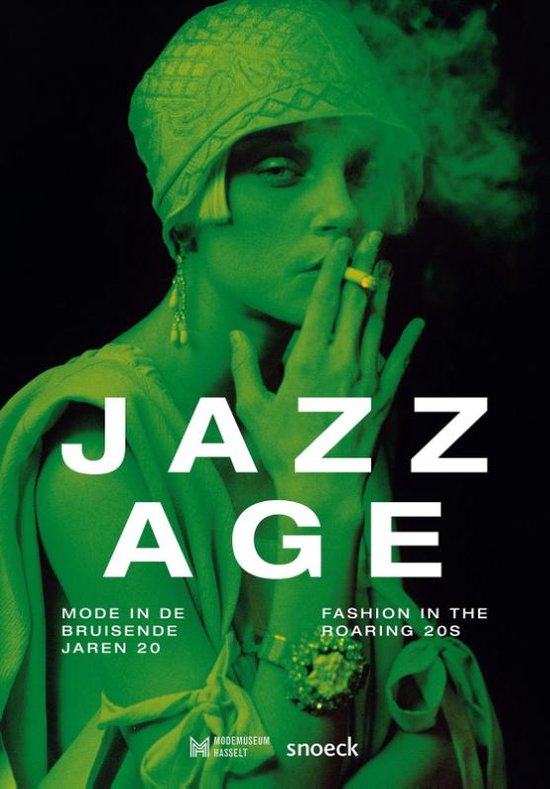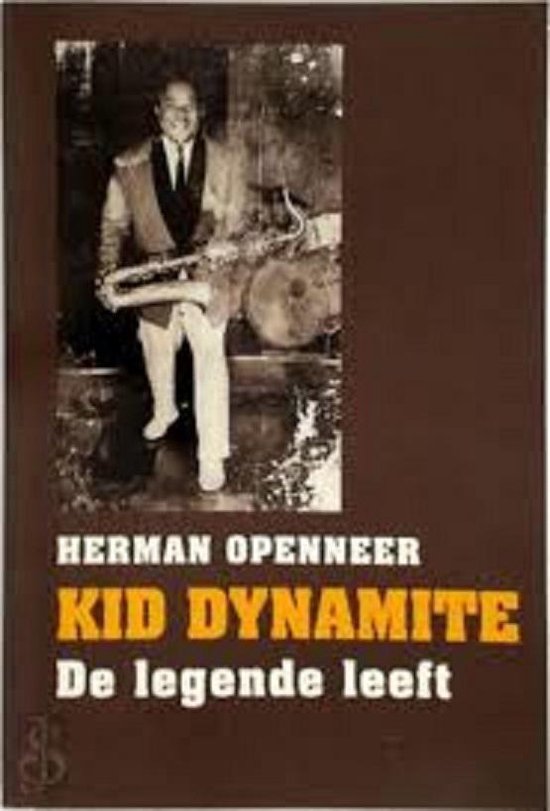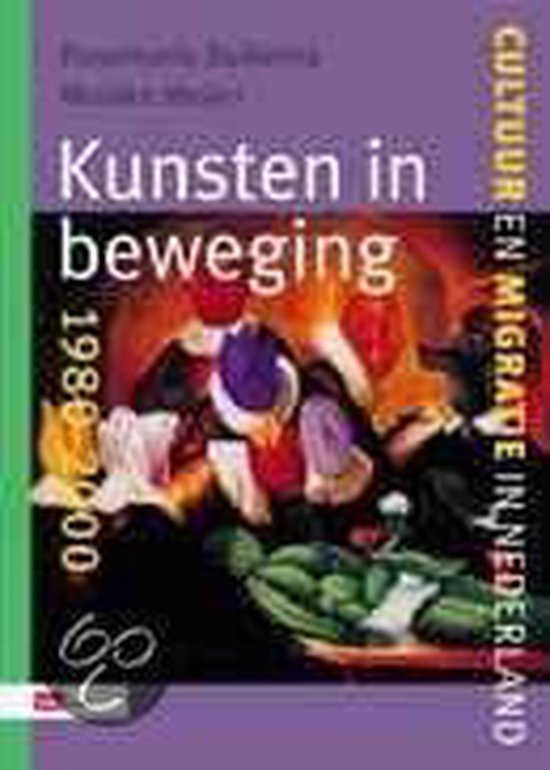
Tropenjazz
TROPENJAZZ gaat over jazz in Nederlands-Indië, vanaf de Fidgety Feet Jazz gespeeld in 1919 tot serieuze luisterjazzconcerten eind jaren dertig. TROPENJAZZ tovert de lezer een uitbundige wereld voor van vrolijke jazz, gespeeld door orkesten in alle soorten en maten: scheepsorkesten van de grote ocean liners, topensembles van overzee, bioscooporkesten, Manilla-jazz, schoolbandjes, Indo-Europese jazzorkesten en inheemse bands. Een regen van afbeeldingen, advertenties en zeldzame foto’s illustreert bands, solisten, sociëteiten, hotels, dancings, zwembaden, grammofoons en platen, Hollywood-muziekfilms en de radio. De Indische jazzwereld kent zijn schaduwenkanten: de context van de koloniale samenleving, koloniaal gedachtegoed over blanke superioriteit, discriminatie van Indo-Europese musici, economische malaise, de Japanse bezetting, naoorlogse ontreddering en een gedwongen vertrek uit Indië voor vele jazzmusici. De epiloog opent een venster op internationaal gewaardeerde Indische jongens in Nederland en jazz in Indonesië. TROPENJAZZ wil vooral een ervaring bieden, verbazen over een wervelende jazzwereld die weliswaar voorgoed verdwenen is, maar een nieuw momentum zeker verdient. Engels: TROPENJAZZ is about jazz in the Dutch East Indies, from the Fidgety Feet Jazz played in 1919 to serious listening jazz concerts in the late thirties. TROPENJAZZ conjures up an exuberant world of cheerful jazz, played by orchestras of all shapes and sizes: ship orchestras of the big ocean liners, top ensembles from overseas, cinema orchestras, Manila jazz, school bands, Indo-European jazz orchestras and indigenous bands. A rain of images, advertisements and rare photographs illustrates bands, soloists, clubs, hotels, dance halls, swimming pools, gramophones and records, Hollywood music films and radio. The Dutch East Indies jazz world also has its drawbacks: the context of a colonial society, colonial ideas about white superiority, discrimination against Eurasian musicians, economic malaise, the Japanese occupation, post-war upheaval and a forced departure from the Dutch East Indies for many jazz musicians. The epilogue opens a window on internationally acclaimed Dutch East Indies boys in the Netherlands and jazz in Indonesia. TROPENJAZZ especially wants to offer an experience, amazement by a whirling jazz world that, indeed, has disappeared for good, but certainly deserves a new momentum.
| Auteur | | Henk Mak van Dijk |
| Taal | | Nederlands |
| Type | | Paperback |
| Categorie | | Kunst & Fotografie |





